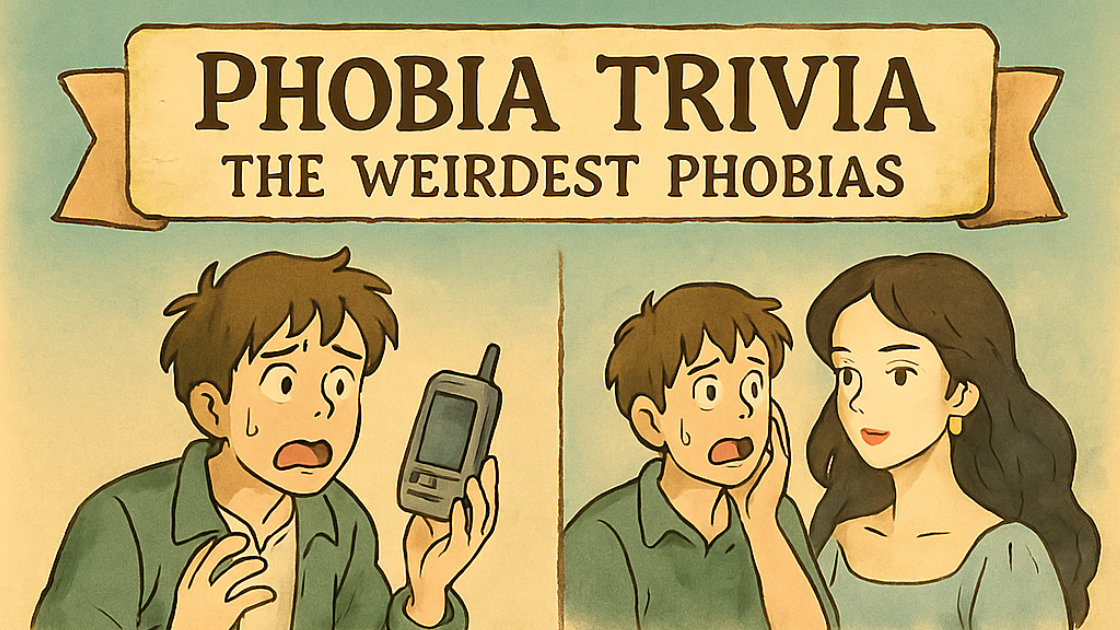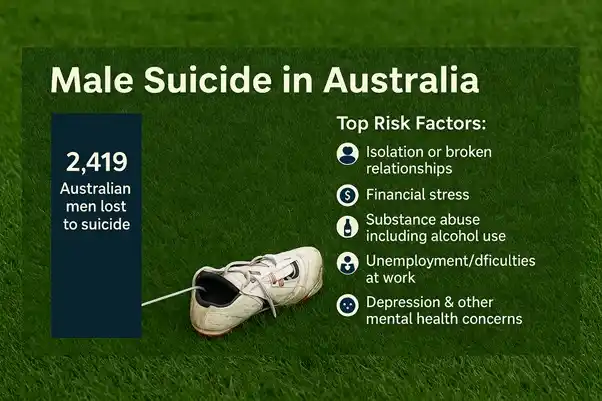Shame and Addiction
Shame is an extremely common experience for individuals who have or have had difficulties with substance use and addiction. In some cases, the shame comes before the substance use, and in some cases, it happens after the substance use.
Shame is an experience of the self as flawed, inadequate, deficient, incompetent and worthless. When we feel shame, our action, urge or impulse is to hide these flaws or inadequacies from others to maintain a sense of being positively regarded and valued. The fear is that if others were to see our imperfections or failures, it would lead to judgement, criticism and ostracism from a group.
Shame can arise from internal or external sources. Internal shame is related to feelings of self-devaluation and even self-hatred – shame thoughts using “I” statements (e.g. I’m a failure, I’m worthless, I’m stupid). External shame relates to feelings/thoughts about what others are thinking – shame thoughts using “he/she/they” statements (e.g. my boss thinks I’m incompetent, my partner thinks I’m ugly and useless). Shame proneness is often related to the quality of relationships with early caregivers.
Drawing on attachment theory, infants and children who are able to present emotions, thoughts and ideas to a caregiver and be responded to with sensitivity, soothing and interest come to develop an inner working model of the self as being worthy and valuable, emotions being valid and understandable, and feeling confident in their sense of self and identity. These individuals relate positively to themselves and other people and carry what is termed a secure attachment.
Infants and children who share emotions, thoughts and ideas to a caregiver who responds with invalidation, minimisation, dismissal, or even ridicule are more likely to be shame prone. As the child is egocentric, he or she takes responsibility for the absence of positive attention, validation and support via self-blame and feelings of associated inadequacy. It can also leave the child wary of approaching others openly because they are expecting judgement, criticism or invalidation as the response. When these interaction patterns are pervasive and frequent, children often grow up with an insecure attachment.
Not surprisingly, children who grow up with insecure attachment have more trouble regulating their emotions effectively. Shame itself is an extremely painful, often unbearable state to tolerate. It is natural and understandable that the action urge is to hide the self and to find a way to end the associated pain of the emotion as quickly as possible.
Substances may seem to help to regulate shame in many ways. One function is where the individual is overwhelmed by acute painful shame, and the substance acts to numb this affective experience temporarily. The other is when individuals use substances to help themselves temporarily feel powerful and strong to counteract feelings of shame, ineptness and inferiority.
In addiction itself, one of the most challenging parts of the cycle is feeling powerless and lacking control over your use. It can be humiliating to feel controlled by an addiction and even more so if you get caught in a cycle of stopping and relapsing. This process of not being able to manage your substance use can leave individuals feeling hateful and disgusted with themselves.
Shame itself can be a barrier in recovering from substance use. This may range from self-sabotaging, destroying relationships and feeling non-deserving of a better and more satisfying life.

If you are having difficulties shame or substance addiction, whether it be alcohol or otherwise, or are concerned about the pattern or frequency of your substance use, you may benefit from online counselling or phone counselling with one of our clinicians.
Here are a couple of blogs written on this topic you might find useful:
What Are Australians Most Afraid Of? N...
From snakes and spiders to needles and ghosts, fear takes many forms. But what do Australians fear most in 2025? At Bayside Psychotherapy, our expert.
Is It Time For The AFL To Cast A Menta...
At Bayside Psychotherapy we are passionate about mental health and like many fellow Melburnians, many on our team are avid AFL fans. So when two of our .
Exploring Emerging Therapies: Understa...
At Mind Medicine Australia, we are dedicated to transforming the trea.











